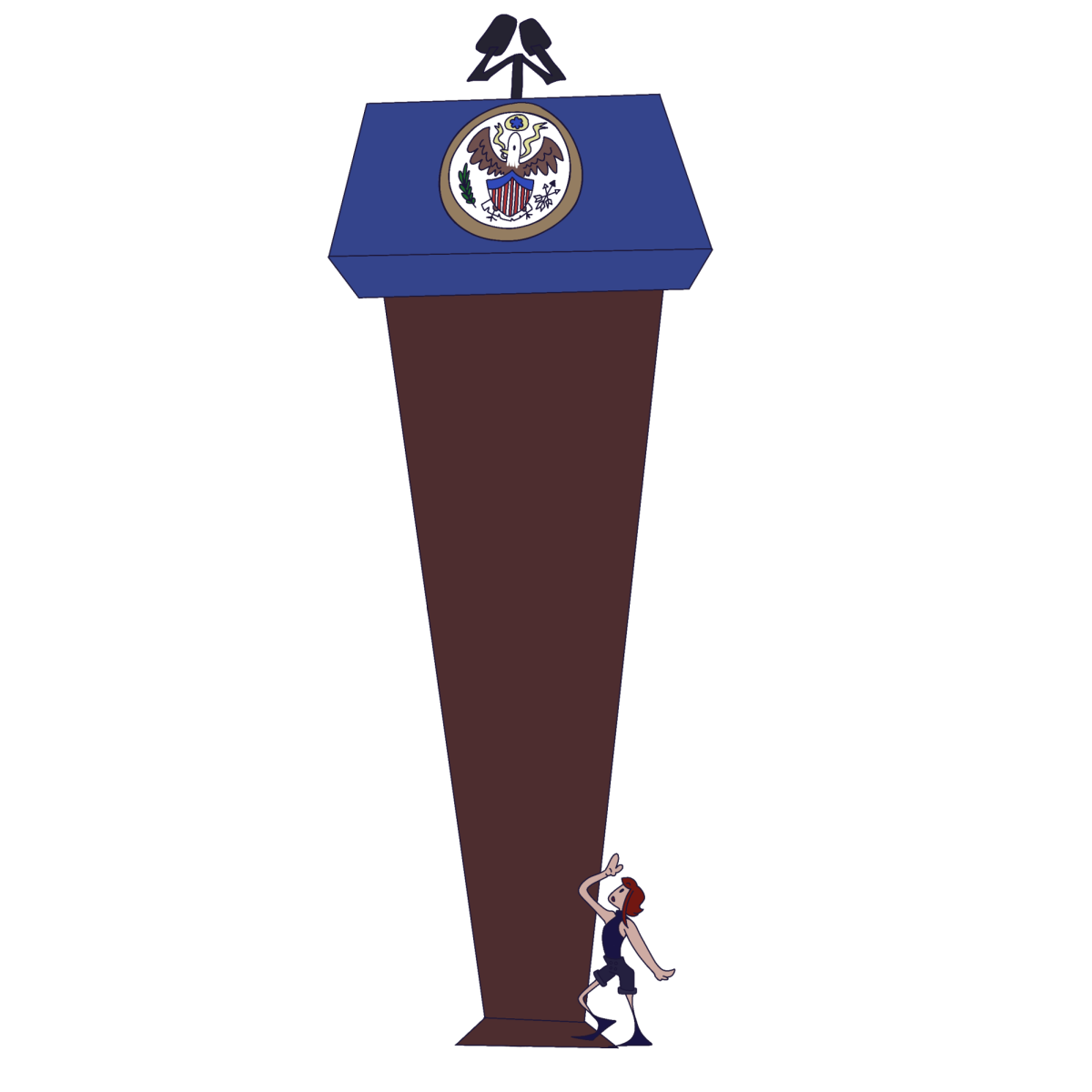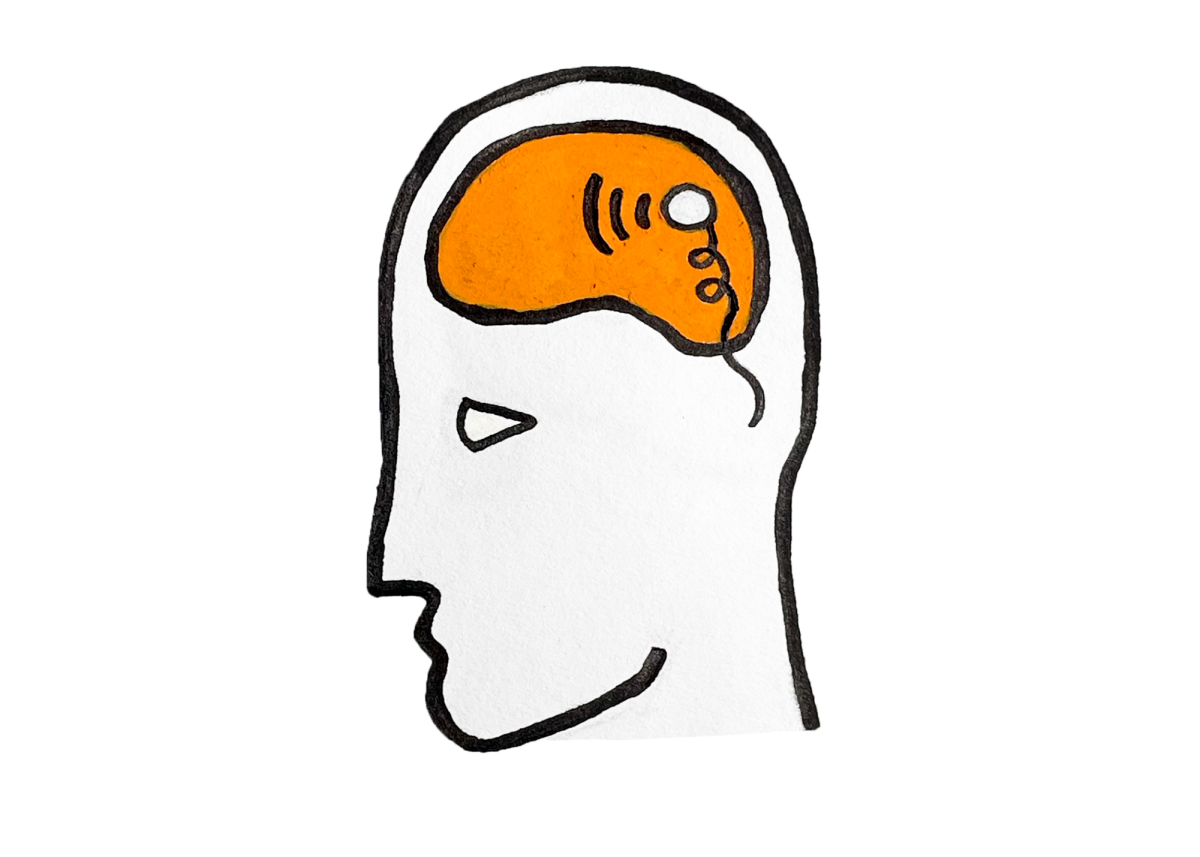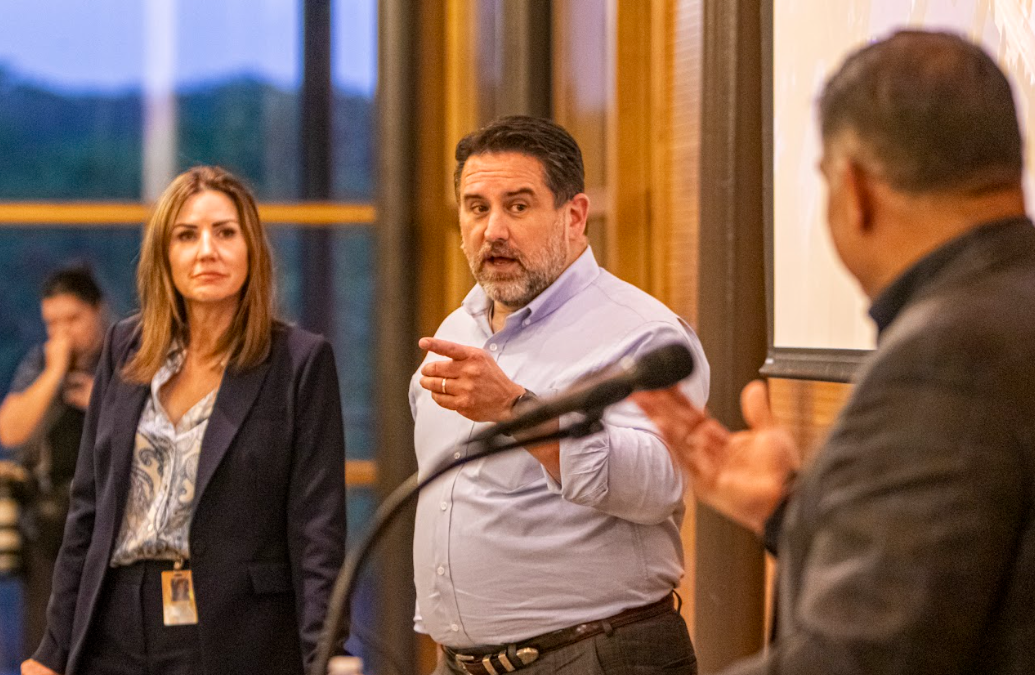State Reps. Eddie Lucio, D-Brownsville, and Trey Martinez Fischer, D-San Antonio, have proposed Texas’ minimum wage be increased to $10.10 an hour. Fischer has also proposed a constitutional amendment concerning the federal minimum wage.
Several national protests, such as in the District of Columbia, Houston and Dallas, have portrayed the concern that U.S. citizens are receiving improper compensation for their work. Local D.C. labor groups rallied behind the minimum wage initiative proposing a minimum wage increase to $15 an hour. President Barack Obama voiced his support last September, indicating “America deserves a raise.”
“We deal with constituent cases on a regular basis of folks coming for assistance just to pay basic light bills, money for gas to get to work and take their kids to school,” said Lucio to the committee. “These are working folks. They aren’t trying to skirt the system in any way.”
As the gradual push toward minimum wage hikes continues, protesters cite low pay and the inability to support themselves and their families as reasons why the government should mandate a higher wage rate. Despite federal minimum wage provisions contained in the Fair Labor Standards Act (FLSA) — which currently sets the federal wage at $7.25 per hour — protests across the country demonstrate dissatisfaction with the current minimum wage rate. Still, there is a debate over if a new higher hourly wage is warranted.
Beginning in 1979, the federal minimum wage was set at $2.90 an hour. At its peak in 2009, the hourly rate reached $7.25 and has remained stagnant for nearly six years. Although the federal minimum wage has not increased since 2009, 29 states as well as D.C. have minimum wages above the federal standard — Texas not included.
Currently, Texas matches the federal minimum wage rate at $7.25 per hour. According to the 2013 Bureau of Labor Statistics data (BLS), 6.3 million workers were paid hourly in Texas. Of the 6.3 million workers, 223,000 — the highest among all states — earned the federal minimum wage of $7.25 per hour, while 177,000 workers earned less; collectively, the 400,000 workers account for 6.4 percent of hourly workers who earn pay at or below the minimum wage.
“We’ve seen states — both red and blue states — adopting wage increases, and here’s the bottom line: Nothing is being done in Congress,” said Fischer on his website.
Nationally, 75.9 million workers — or 58.8 percent — were paid hourly rates in 2013. In total, 1.5 million received the federal minimum wage of $7.25 while 1.8 million earned pay below the federal minimum. Collectively, both figures account for 4.3 percent of all hourly paid workers, indicating that the minimum wage concern affects a small percentage of hourly paid workers.
State Rep. Matt Rinaldi, R-Irving — who opposes a minimum wage increase — suggested that a wage increase would provide little benefit to the state since 50 percent of minimum wage workers are under 25 and without dependents. The 2013 BLS reported that, nationally, workers 25 years or younger account for one-fifth of hourly paid workers but account for nearly half of those workers who earn the federal minimum wage. Collectively, the minimum wage concern does affect some citizens but not all.
The Consumer Price Index for the U.S.— often considered a cost of living index — reported a 1.9 percent increase in food costs and a 2.2 percent increase in housing costs from 2010-2014, which may qualify as reason to raise minimum wage rates. However, 2013 BLS data showed that Texas’ median wage rate for salary and hourly workers was $11.99 compared to the national median of $12.93.
“I think it’s a very simple proposition (and) it’s something if you ask people if they’ll vote to raise their wages and their standards, I think they’d do it,” said Fischer on his website.








